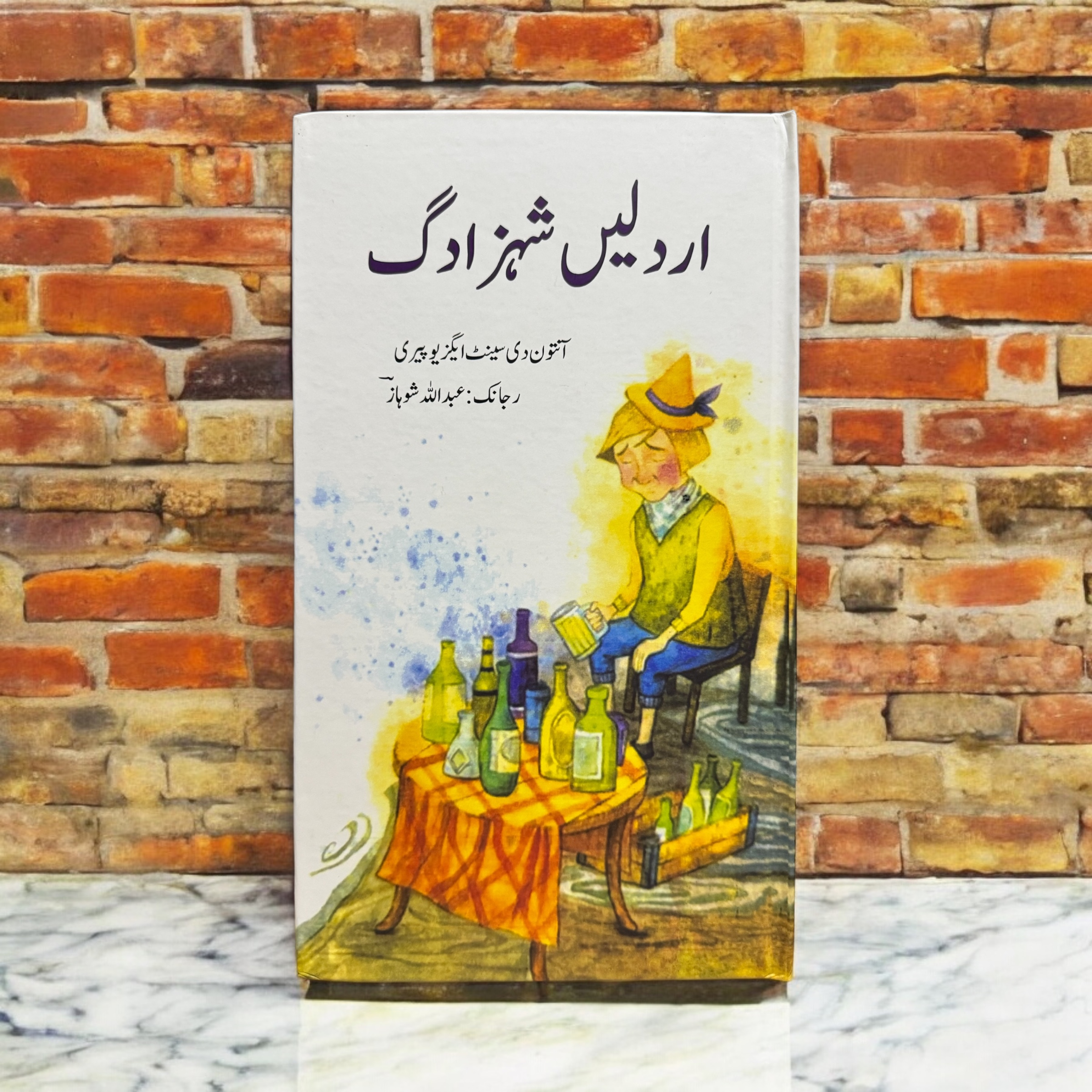
اردلیں شہزادگ — in Balochi language.
The Balochi language is an Iranian language, part of the Northwestern Iranian languages. It is closely related to Kurdish and Persian (Farsi). Balochi is written using different scripts depending on the region, including the Arabic script (most common), Latin script, and occasionally the Cyrillic script in regions influenced by Soviet history.
Balochi is spoken by the Baloch people, primarily in the Balochistan region, which spans parts of Iran, Pakistan, and Afghanistan. There are also significant Baloch communities in the Arabian Peninsula and Turkmenistan. The Baloch people have a rich history dating back thousands of years. Historically, they have been known as nomadic or semi-nomadic tribes, with a strong warrior tradition. The Baloch have played significant roles in the history of the regions they inhabit.
Historical migration and settlement patterns of the Baloch people have influenced the spread and development of the Balochi language. The Baloch are believed to have migrated from the Caspian region to their current homeland in Balochistan. The Baloch have a history of resistance against various rulers and empires, including the Persian Empire, British colonial rule, and modern state governments. This history of resistance is often reflected in Balochi literature and folklore.
Balochi culture is characterised by its unique traditions, including distinctive music, dance, poetry, and clothing. Balochi folklore and oral traditions are rich and vibrant, preserving the history and values of the Baloch people.
As an Iranian language, Balochi shares a common ancestry with other Indo-Iranian languages. This relationship is evident in similarities in vocabulary, grammar, and syntax. Balochi has been influenced by neighbouring languages, including Persian, Pashto, Sindhi, and Arabic. This influence is reflected in loanwords and certain linguistic structures.


